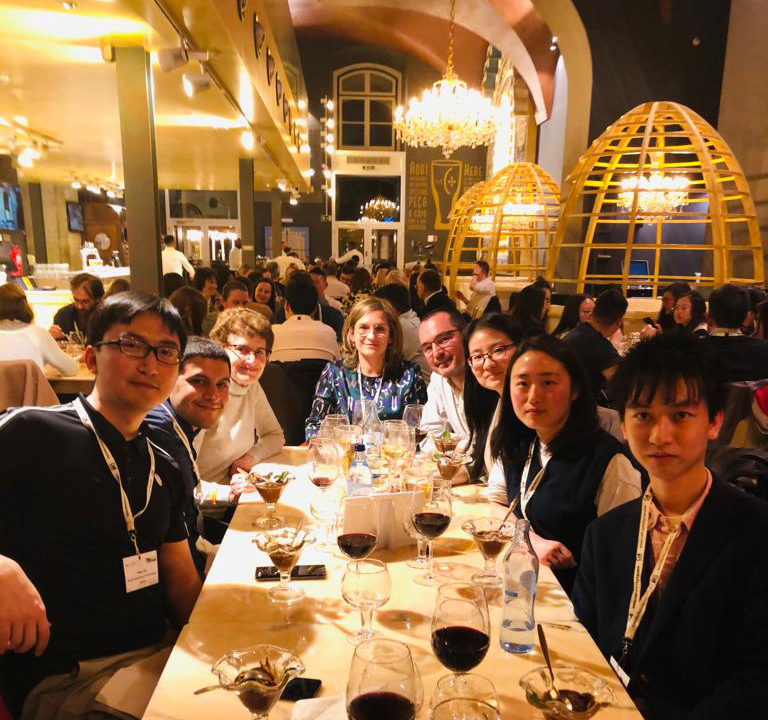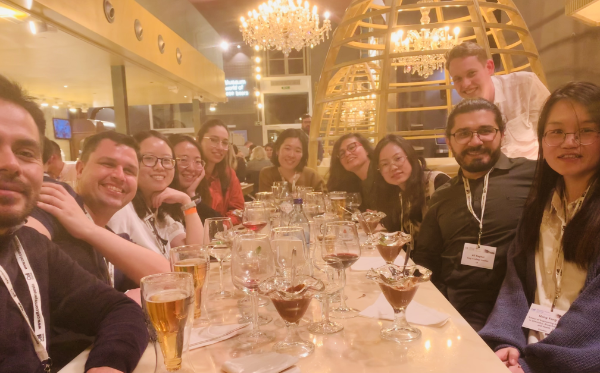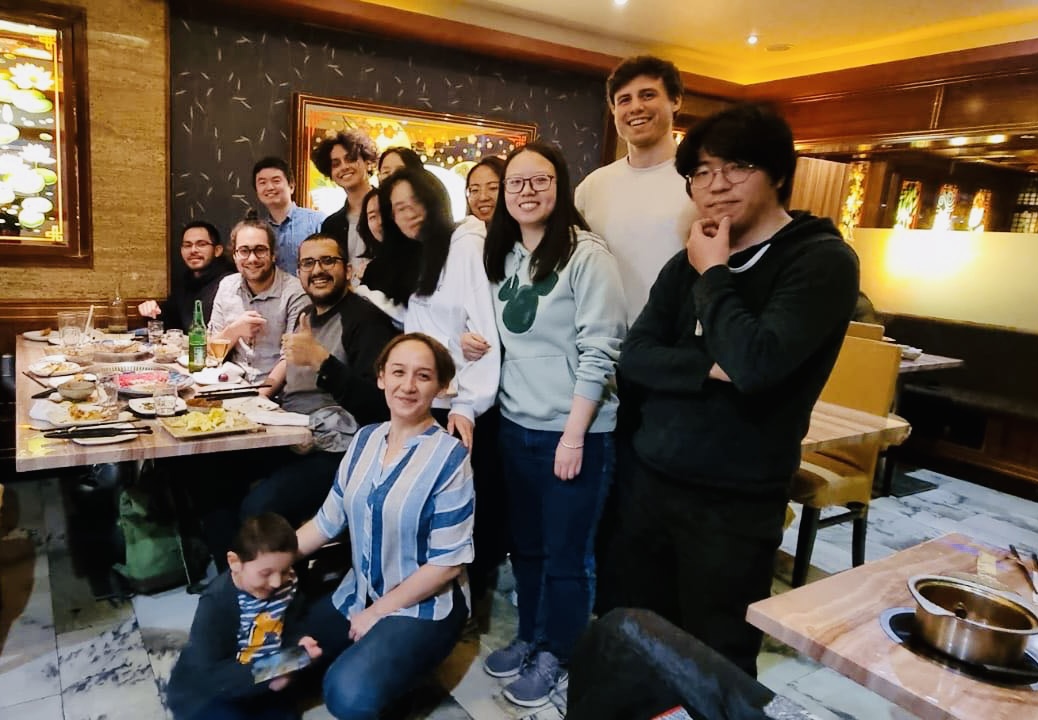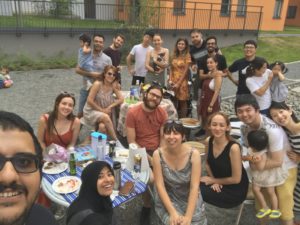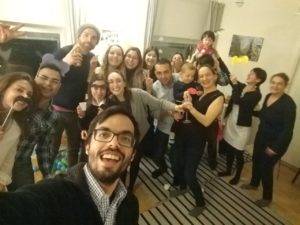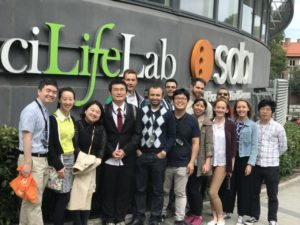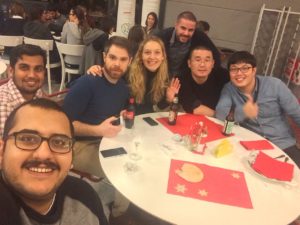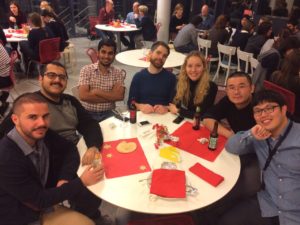People
Professor Adil Mardinoglu (Principal Investigator)
Email: [email protected]; [email protected]
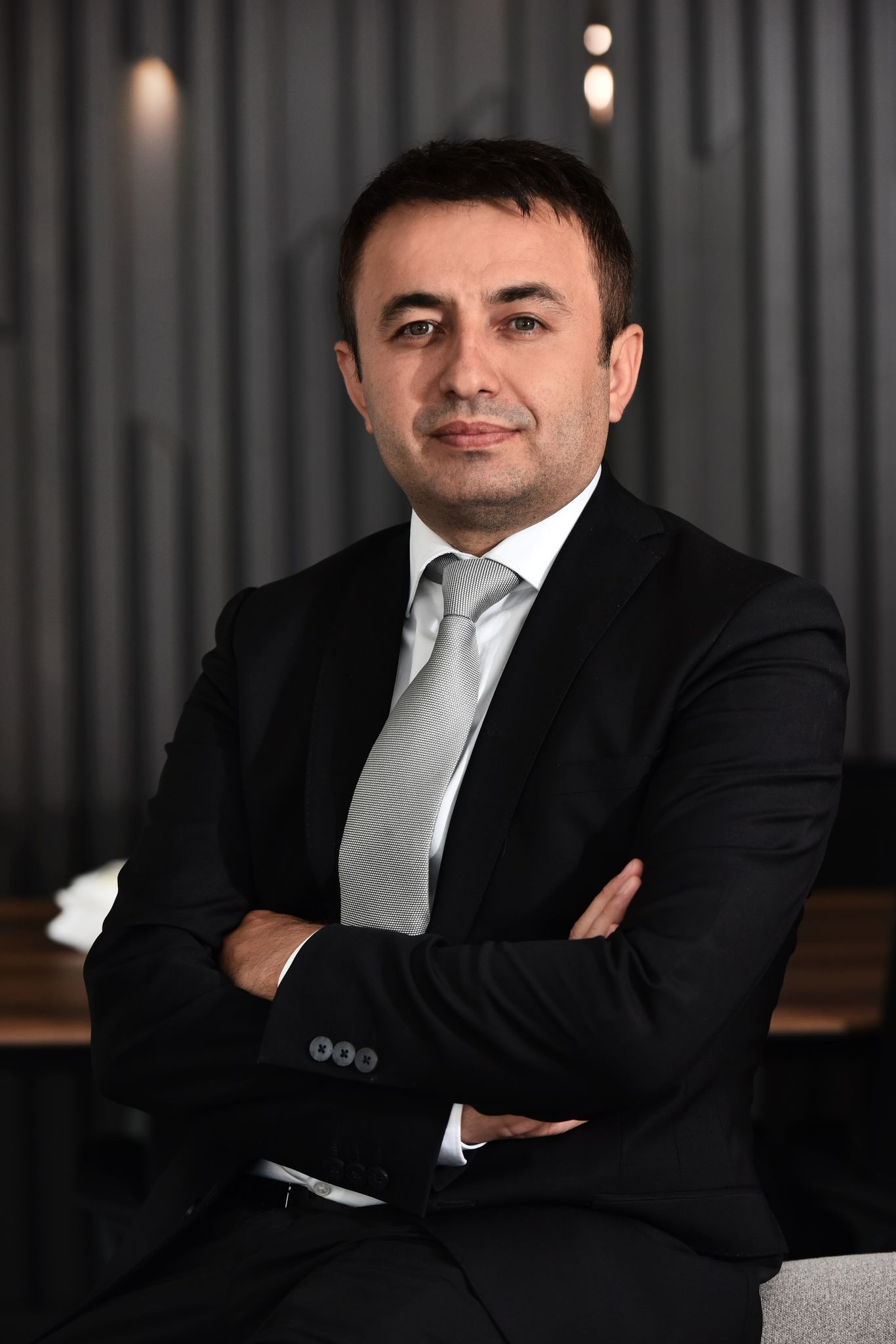
Professor Adil Mardinoglu is an expert in the field of Systems Medicine, Systems Biology, Computational Biology and Bioinformatics. He has been recruited as a Professor of Systems Biology in Center for Host-Microbiome Interactions, King’s College London, UK where he leads a computational group. He also works as group leader in Science for Life Laboratory (Scilifelab), KTH-Royal Institute of Technology in Sweden and led a team of 25 researchers working in the area of computational biology, experimental biology and drug development to develop new treatment strategies for Metabolic diseases, Neurodegenerative diseases and certain type of cancers.
Professor Mardinoglu received his Bachelor’s degree from Istanbul Technical University, Turkey in Electronic and Telecommunication Engineering and his Ph.D. from Waterford Institute of Technology, Ireland in magnetic drug targeting applications. He worked as a postdoctoral researcher at Trinity College Dublin, Ireland and Chalmers University of Technology, Gothenburg, Sweden. His recent research activities include the generation of the context specific genome-scale metabolic models (GEMs) for human cell-types including liver, adipose, muscle, heart, kidney and brain as well as certain types of cancer e.g liver, kidney, colon, prostate and brain (glioblastoma) cancers. His research team also focuses on the integration of GEMs with the other biological networks including regulatory, protein-protein interactions and signaling networks. He employs comprehensive biological networks for revealing the molecular mechanisms of complex diseases, identification of novel biomarkers and drug targets and eventually development of efficient treatment strategies.
Professor Mardinoglu has contributed to the creation of human tissue, subcellular and pathology atlas within the Swedish Human Protein Atlas program and cell atlas within the international Human Cell Atlas program. He has published around 100 research and review papers in different journals including Science, Cell Metabolism, Nature Communications, PNAS, Cell Reports, Molecular Systems Biology and EbioMedicine. He is also co-founder of three different biotech companies focusing on the development of novel drugs for fatty liver disease and different cancer types.
SENIOR RESEARCHERS
Dr. Cheng Zhang (Group Leader) @SciLifeLab
Email: [email protected]
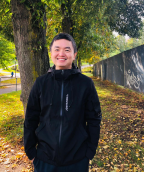
Dr. Cheng Zhang is a Docent in Systems Medicine and a group leader at the Science for Life Laboratory. He has played an important role in developing the Human Pathology Atlas and the Human Cell Type Atlas as part of the Swedish Human Protein Atlas program.
Harnessing the advancements of single-cell omics technology, Dr. Zhang’s team delves into precision and translational medicine. They specialize in integrating single-cell omics data using systems biology tools, aiming to uncover the intricate molecular mechanisms behind complex diseases. With a keen eye on revealing key pathways and significant genes, their discoveries are poised to pave the way for innovative biomarkers and therapeutic strategies. Currently, Dr. Zhang’s group is actively researching liver cirrhosis, renal fibrosis, and colon cancer..
POSTDOCTORAL FELLOWS
Dr. Woonghee Kim @SciLifeLab
Email: [email protected]
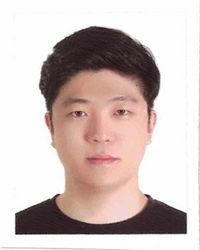
Dr. Woonghee Kim received his Ph.D. degree in Chemical biology at Life Sciences Department, Gwangju Institute of Science and Technology, South Korea. He researched drug discovery and development that find new drugs to diseases, such as cancer, diabetes, myocardial infarction, and chemically induced stem cell therapy. He participated in a number of projects that developing anti-cancer new drug via glycolytic enzyme inhibition. Here, in Mardinoglu lab at SciLifeLab, Sweden, he is working on PKL targeting new molecules to cure hepatocellular carcinoma (HCC) and non-alcoholic steatohepatitis (NASH).
Dr. Ozlem Altay @SciLifeLab
Email: [email protected]

Dr. Ozlem Altay, MD, Spec.,PhD is an expert in clinical microbiology and bioinformatics. Her main interest is to describe the functional signatures of the microbiota of metabolic diseases. Following university studies attempting molecular and phenotypic descriptions of clinical pathogens, she joined Mardinoglu’s team for developing research studies to decipher the impact of microbiota on human health. She is expanding her expertise by using novel systems biology methodologies such as integrated networks, genome scale metabolic models and related multi-omics approaches.
Hong Yang @SciLifeLab
Email: [email protected]

Hong Yang received her Bachelor’s degree in Bioinformatics and Master’s degree in Pharmaceutical Science from Chongqing University (China). Currently, her project is developing novel computational methods to integrate GEMs (genome-scale metabolic models) with other biological networks and then apply these approaches to get insights into the molecular mechanism of metabolic diseases.
PHD STUDENTS
Mengnan Shi @SciLifeLab
Email: [email protected]

Mengnan Shi received her B.E degree in Biomedical Engineering at Central South University, China, and completed master degree in Molecular Technology in Life Science at KTH Royal Institute of Technology. Her research contributes to target-based drug discovery in NAFLD, including in silico drug discovery and in vitro drug screening. As a member of the Sysmedicine Lab in SciLifeLab, she is focusing on multi-omics data analysis as well as network analysis among tissues.
Xiya Song @SciLifeLab
Email: [email protected]

Xiya Song graduated from the China Agricultural University with a B.Sc degree in Biological Science. Then she received her M.Sc degree in Molecular Techniques in Life Science at KTH Royal Institute of Technology. She has experience in multiple fields of biomedical research, including tumour immunology and single-cell RNA-sequencing. In her master’s thesis, she learned knowledge about systems biology and focused on eQTL-analysis and genomics analysis at Sysmedicine Group. In her doctoral study, she will analyse genomics data obtained from patients and identify potential pathogenic genetic alterations combined with the systems biology approach. The final aim is to discover potential drug targets and biomarkers.
Atakan Burak Ceyhan @King’s College London
Email: [email protected]
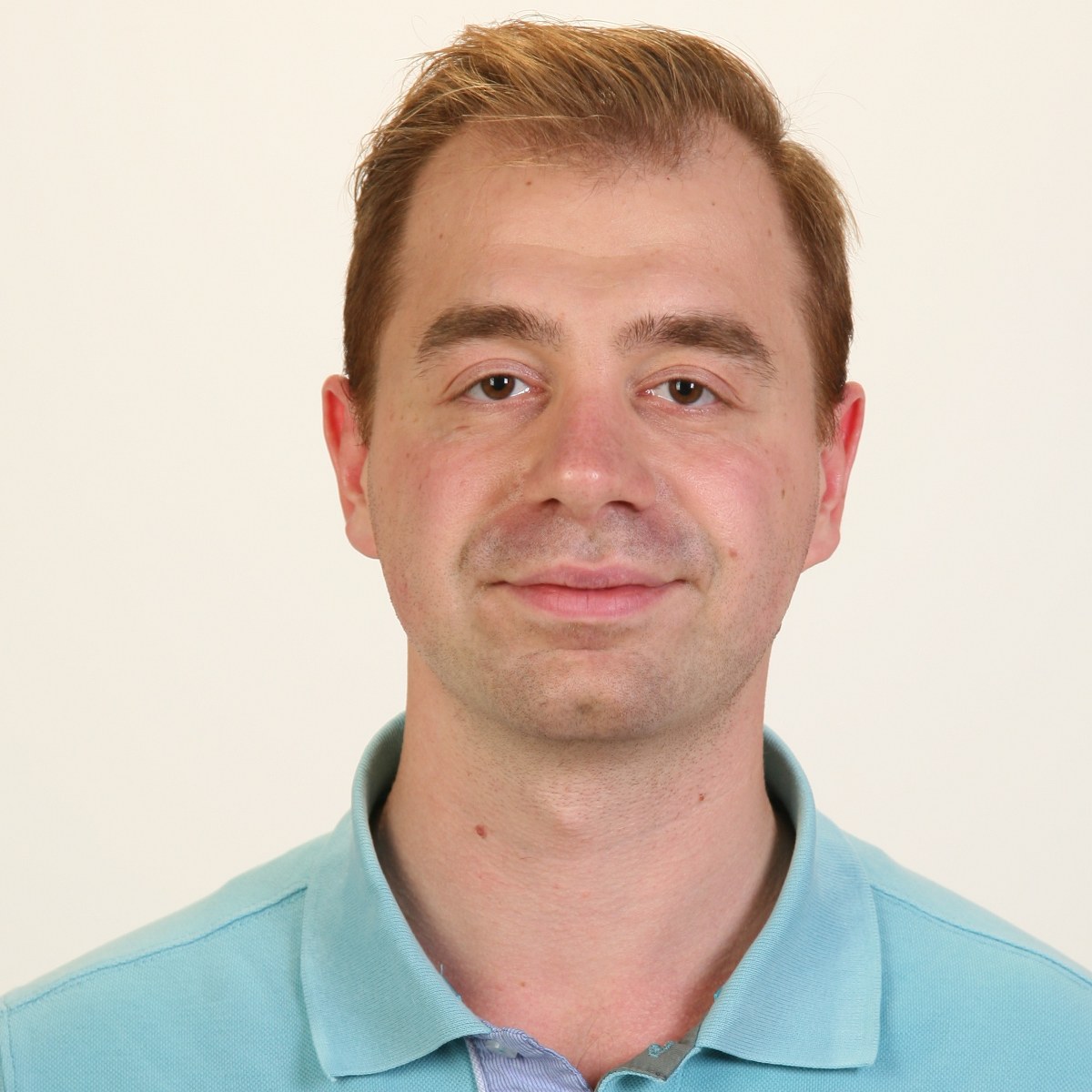
Atakan Burak Ceyhan, MD received his bachelor’s degree from Istanbul University, Cerrahpasa Faculty of Medicine. After graduation, he worked as general practitioner and district health director at Ministry of Health, Turkey. He started his PhD at King’s Collage of London and joined the Mardinoglu Lab. Currently, his project is developing new therapies, discovering biomarkers and novel drug targets for sarcopenia. He will use systems biology approach to understand molecular pathophysiology of the disease.
Mengzhen Li@SciLifeLab
Email: [email protected]
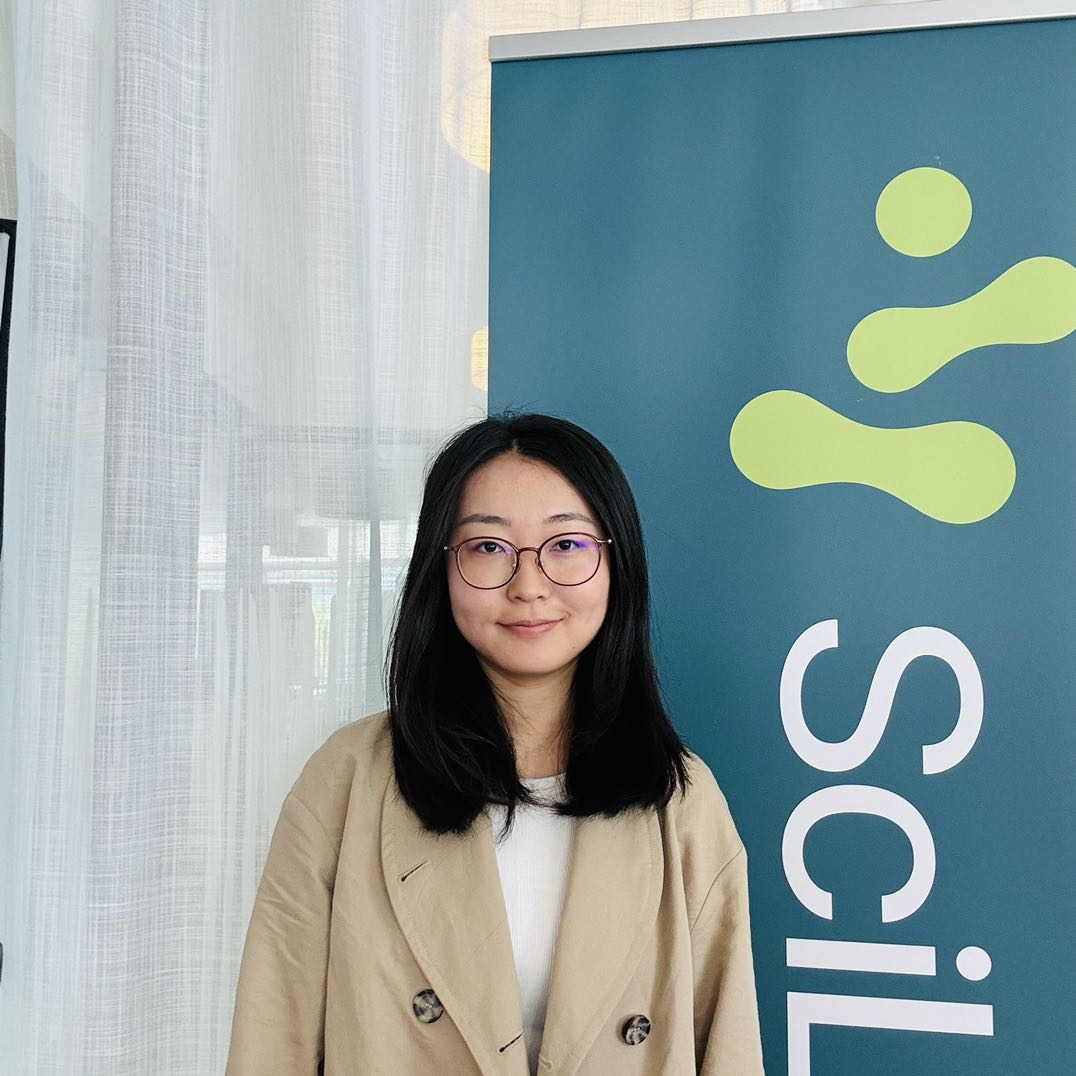
Mengzhen Li received her Bachelor’s degree and Master’s degree in Medicine from Guangzhou University of Chinese Medicine. Currently, her project is adopting systems biology approach to understand the pathophysiological responses of metabolic disease.
Xinmeng Liao @SciLifeLab
Email: [email protected]
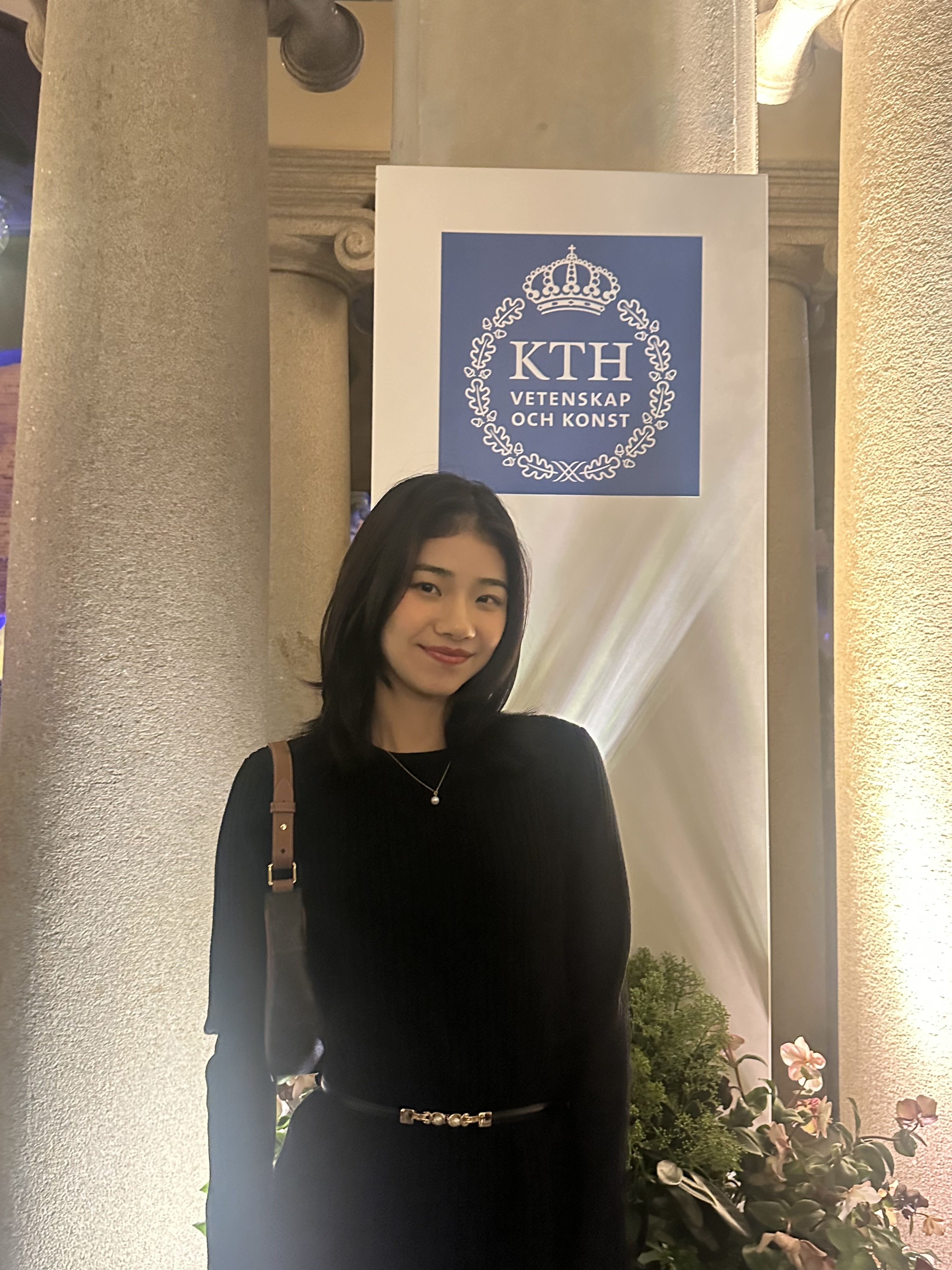
Xinmeng Liao graduated from Southern Medical University, China and received her Master’s degree in King’s College London, United Kingdom. She gained multiple knowledge about system biology approaches from her Master’s study. Her doctoral projects mainly focus on genomic studies, especially using genomic insights to dissect the drug mechanism of action, metabolic processes, and precision medicines.
Xiangtai Kong @SciLifeLab
Email: [email protected]
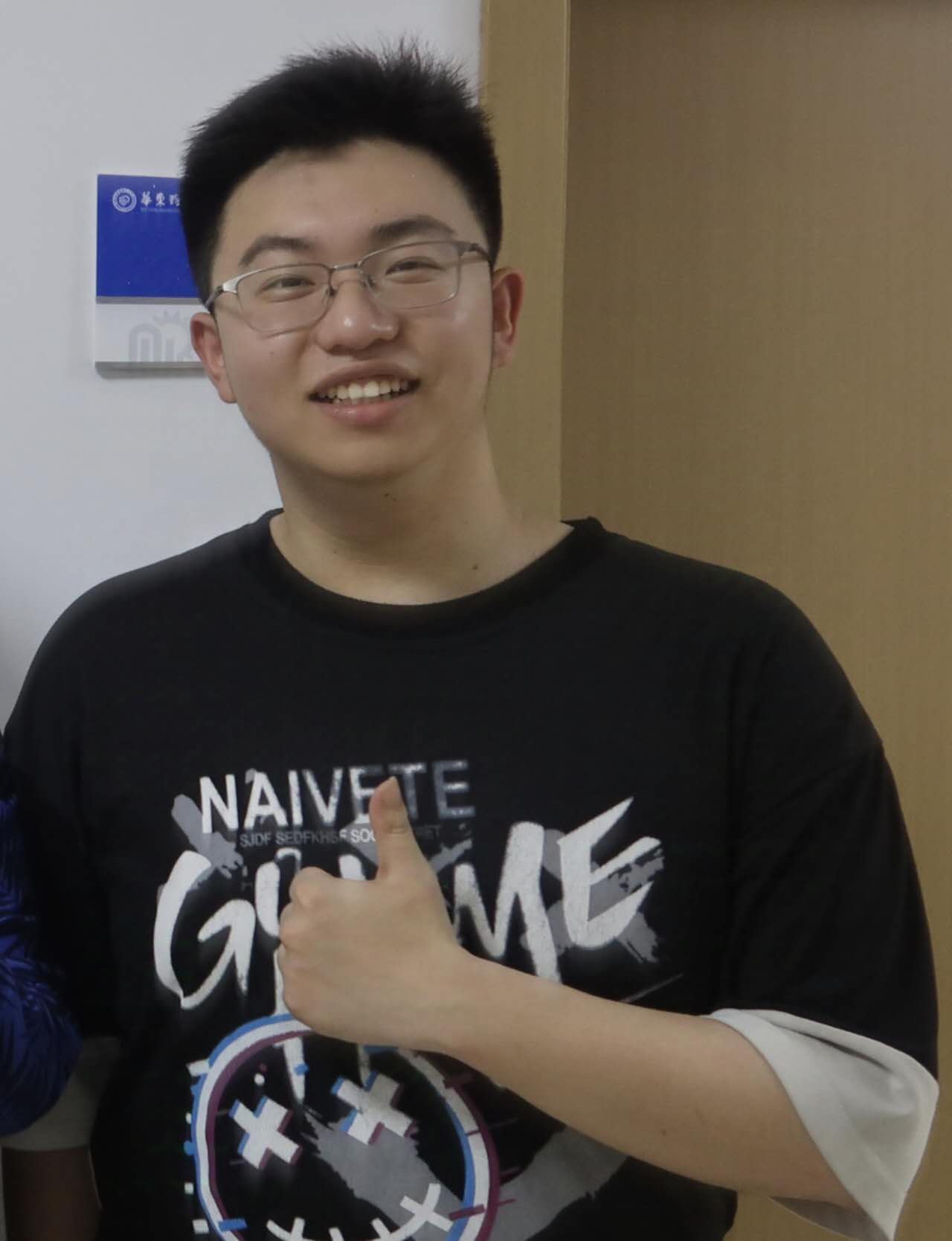
Xiangtai Kong graduated from East China University of Science and Technology, China and received his Master’s degree in Shanghai Institute of Materia Medica, the University of Chinese Anademy of Sciences, China. At present, his research focuses on using advanced deep learning methods to integrate and interpret the vast sea of multi-dimensional data to derive meaningful, actionable insights of diseases.
FORMER LAB MEMBERS
- Meng Yuan
- Ali Kaynar
- Abdulahad Bayraktar
- Lingqi Meng
- Han Jin
- Jiaqi Lu
- Xueqi Li
- Dr. Mehmet Ozcan
- Dr. Xiangyu Li
- Dr. Ko Eun Shong
- Dr. Simon Lam, University of Cambridge
- Dr. Muhammad Arif, The National Institutes of Health (NIH)
- Dr. Amalyn Nain
- Dr. Shazia Iqbal
- Shuqi Chen
- Dr. Battisti Umberto Maria
- Dr. Chunxia Gao
- Dr. Leticia Monjas
- Dr. Josipa Matić
- Dr. Anders Foller Füchtbauer
- Dr. Alexandra Rodriguez Rivero
- Dr. Munira Taj Muhammad
- Stephen Doran
- Mohamed Al Shobky
- Elyas Mohammadi
- Feride Eren, Karolinska Institutet
- Jung Tae Kim
- Kajetan Juszczak
- Rui Benfeitas, National Bioinformatic Infrastructure of Sweden (NBIS)
- Alen Lovric, Karolinska University Hospital
- Beste Turanli, Marmara University
- Natasa Sikanic, Karolinska University Hospital
- Dorines Rosario, Kings College London
- Nadia Karimpour, Kings College London
- Dr. Gholamreza Bidkhori, Kings College London
- Dr. Sunjae Lee, Kings College London
- Dr. Zhengtao Liu, Zhejiang University
- Dr. Fady Akladios, Charles Sturt University, Australia
- Ida Larsson, Uppsala University
- Sumit Deshmukh, University of Skövde
- Dr. Kemal Sanli, University of Gothenburg
- Ezgi Elmas, Mugla Sitki Kocman University, Turkey
- Azadeh Mohammad Pour, King’s College London
- Baris Sadik, Bogazici University, Turkey
- Christofer Boren, KTH – Royal Institute of Technology
- Tim Kuijpers, Eindhoven University of Technology, Netherlands
- Pisanu Buphamalai, KTH – Royal Institute of Technology
- Dr. Bunjamin Memishi, Universidad Politecnica de Madrid
Group Photo
